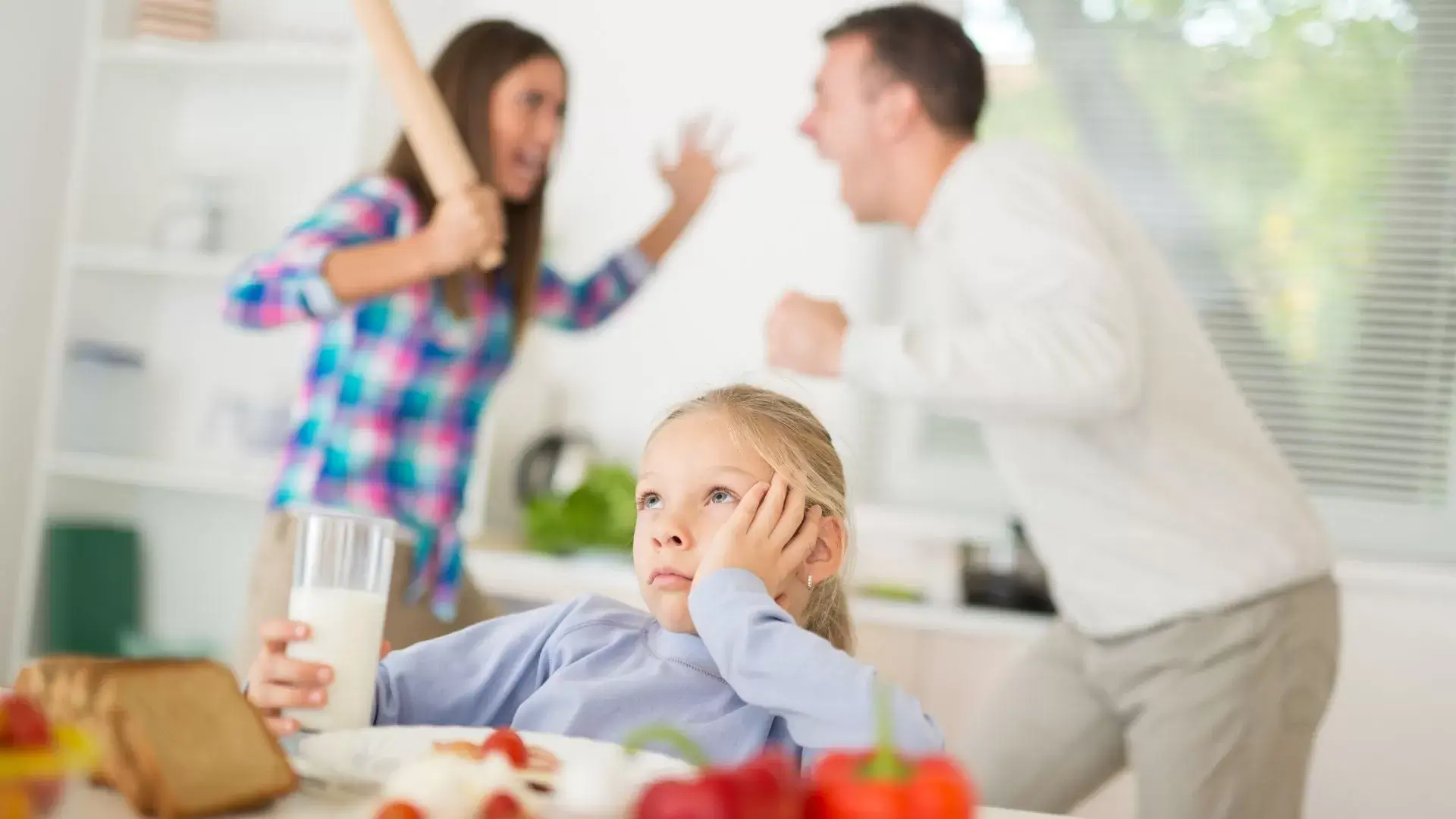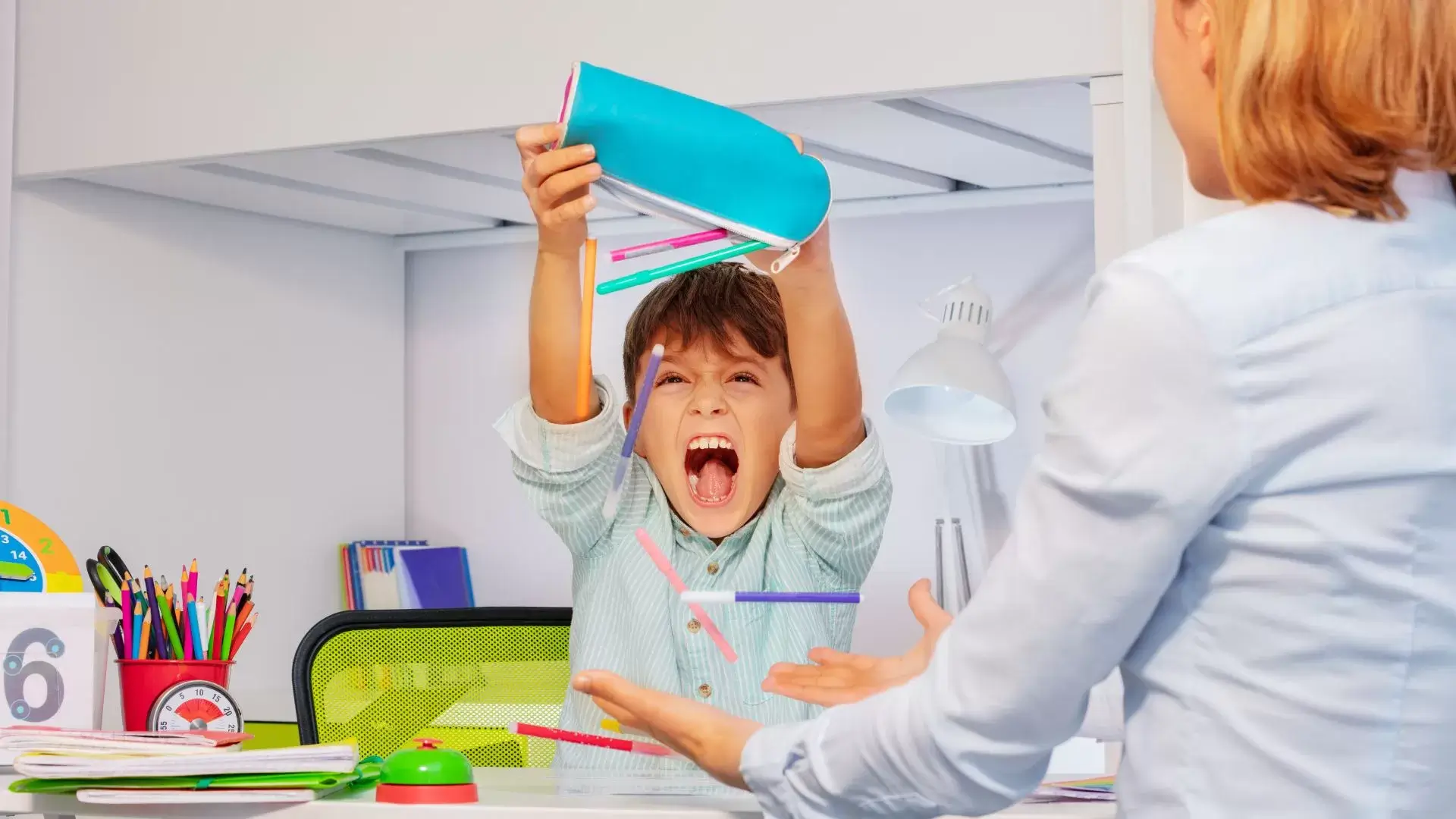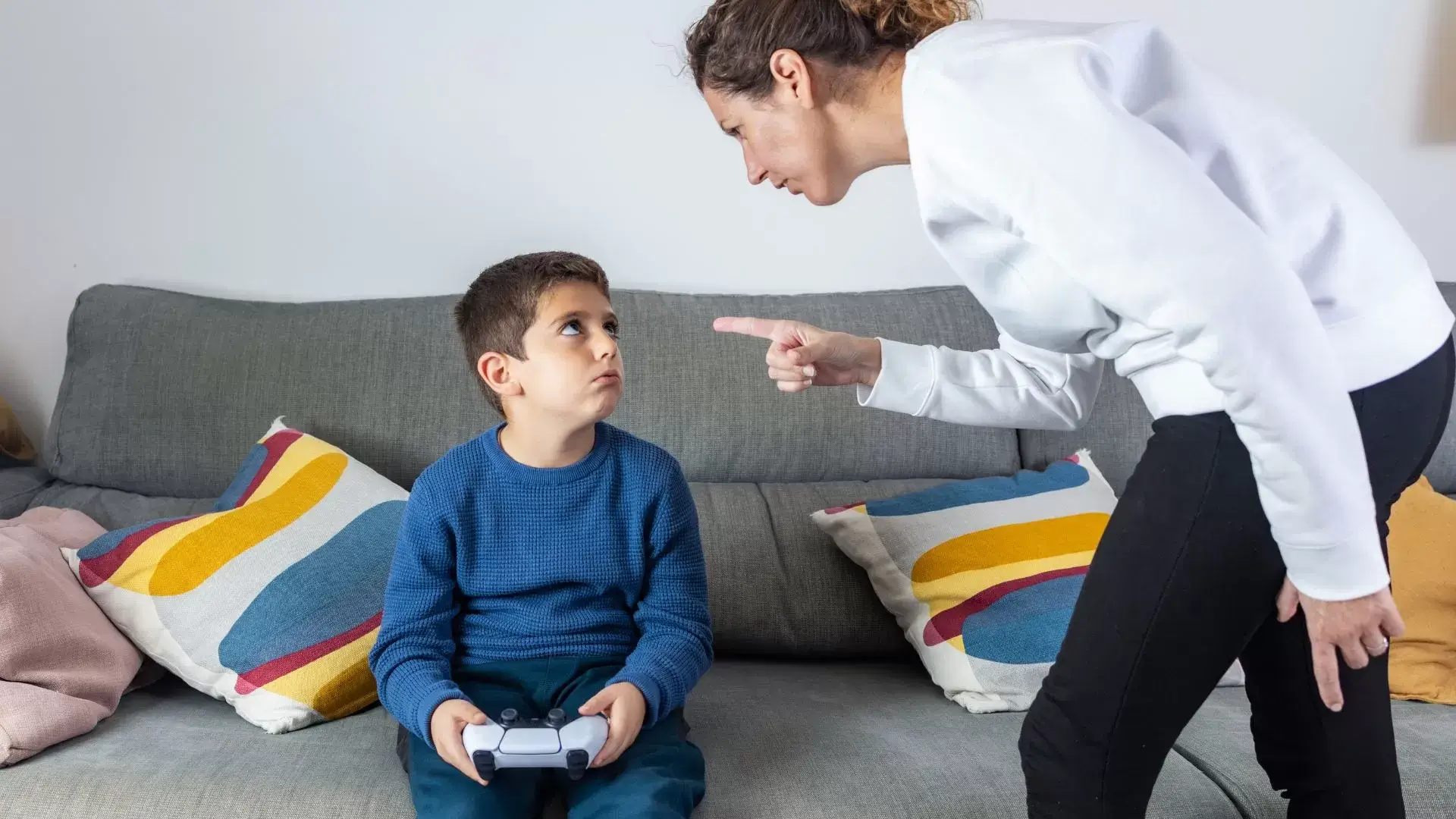When we observe children displaying frequent frustration or engaging in immature behaviors, we can’t help but wonder if these are signs of deeper anger issues. It’s essential for us to recognize that these reactions often mask underlying emotions, such as sadness or disappointment. By closely monitoring their interactions and identifying specific triggers, we can gain valuable insights into their emotional landscape. However, we must also consider the implications of these behaviors on family dynamics and relationships. What are the next steps we can take to address these challenges effectively?
About Oakville Psychotherapist
At Oakville Psychotherapist, our team specializes in helping families recognize and manage anger issues in children through tailored therapeutic approaches. Our dedicated team understands that identifying these issues early can greatly improve a child’s emotional well-being and family dynamics. We utilize evidence-based strategies that empower both parents and children to communicate effectively and develop healthy coping mechanisms.
Located at 243 North Service Rd W #106F, Oakville, ON L6M 3E5, we offer a welcoming environment where families can feel safe to explore their challenges. We understand that every child is unique, so we adapt our methods to suit individual needs. By fostering a collaborative atmosphere, we encourage families to work together towards understanding and resolving anger-related concerns.
If you’re noticing signs of anger issues in your child, don’t hesitate to reach out. We’re here to provide support and guidance every step of the way. You can contact us at (647) 360-5880 for more information or to schedule an appointment. Let’s work together to help your child thrive emotionally and socially.
How Anger Issues Can Disrupt Family Life and Dynamics
Recognizing anger issues in children is just the beginning; these problems can considerably disrupt family life and dynamics if not addressed promptly. When our child struggles with anger, it often creates a ripple effect throughout the household. Tensions can rise, leading to conflict among siblings, strained relationships with parents, and even feelings of isolation for the affected child.
We might notice that family outings or gatherings become stressful events, as we’re constantly on edge, anticipating outbursts. Our home can transform from a safe haven into a battleground where we feel we’re walking on eggshells. This ongoing stress can erode our familial bonds, creating a cycle of frustration and misunderstanding.
Moreover, we may find ourselves engaging in unhealthy coping mechanisms to manage the situation, such as avoidance or enabling. This can lead to further complications, as we struggle to communicate effectively with one another. Ultimately, addressing anger issues head-on is essential. By doing so, we can restore harmony, improve communication, and foster a supportive environment where every family member feels safe and valued. Seeking professional help can often be the first step towards healing and reestablishing our family dynamics.

Understanding Aggression Toward Others in Children
Understanding aggression toward others in children requires us to look closely at the underlying emotions and triggers that drive their behavior. Often, we find that feelings like frustration, sadness, or insecurity can manifest as aggressive actions. When kids lash out, it’s not just about the immediate situation; it’s often a response to deeper issues they’re grappling with.
We should consider the environment our children are in. Are they experiencing stress at home or school? Are they mimicking aggressive behavior they’ve witnessed? Identifying these triggers is essential for helping them manage their feelings and reactions.
It’s also important to recognize that aggression can be a cry for help. Children might not have the vocabulary to express their emotions, so they resort to physical actions. By encouraging open communication, we can create a safe space for them to express their feelings.
Instead of labeling them as “bad,” let’s focus on teaching empathy and problem-solving skills. Together, we can guide our children toward healthier ways to express their frustrations, ultimately fostering more positive interactions with others and enhancing their emotional well-being.

Identifying Immature Behavior as a Sign of Anger Issues
Immature behavior in children often masks underlying anger issues that we need to address directly. When we observe our children throwing tantrums, refusing to share, or engaging in disruptive antics, it’s crucial to remember that these actions might stem from deeper emotional struggles. Instead of dismissing these behaviors as typical childhood antics, we should look closer for signs of frustration or anger.
We might notice that when our child faces challenges, they revert to behaviors that seem age-inappropriate. For instance, if they lash out verbally or physically when they don’t get their way, it’s a clear signal that they’re struggling with managing their emotions. These reactions often indicate that they feel overwhelmed and lack the tools to express their anger constructively.

Challenges in Relationships Due to Anger Issues
Anger issues in children can create significant challenges in their relationships with peers, family members, and authority figures. When we observe our child reacting with intense anger, it often leads to misunderstandings and conflicts. Friends might distance themselves, unsure of how to handle the unpredictable outbursts. We may notice that our child struggles to maintain friendships, feeling isolated and frustrated.
In family settings, constant anger can lead to an environment filled with tension. We might find ourselves in repeated arguments, where constructive communication breaks down. Our child’s anger can create a cycle of negativity that affects everyone’s emotional well-being, including our own.
Authority figures, like teachers or coaches, might struggle to connect with our child. If we’re not careful, we risk labeling our child as “difficult” or “troublesome,” which can further alienate them. It’s vital for us to recognize these patterns early on, as they can hinder our child’s social development and self-esteem.
Frequent Bouts of Frustration: A Common Indicator of Childhood Anger
Frequent bouts of frustration often signal deeper anger issues in children, making it essential for us to pay attention to these emotional outbursts. When we notice our child getting easily frustrated over seemingly minor setbacks, it’s a red flag that shouldn’t be ignored. These episodes can manifest as tantrums, throwing objects, or even verbal outbursts.
We should remember that frustration is a natural response to challenges, but when it becomes a regular occurrence, it’s an indication that our child might be struggling to manage their emotions. Instead of dismissing these moments as typical childhood behavior, we can take the time to observe patterns.
Let’s ask ourselves: Are these frustrations affecting our child’s daily life, friendships, or school performance? Are they struggling to cope with tasks that should be manageable? By recognizing these signs, we can better support our children and help them develop healthier ways to express their feelings.
Addressing frequent frustration can lead to improved emotional regulation and overall well-being. Together, let’s create an environment where our children feel safe expressing their emotions and learning to navigate their frustrations in a positive way.
Exploring the Root Causes of Anger Issues in Children
Understanding the underlying factors behind our child’s frustration can help us identify the root causes of their anger issues. Often, we find that anger in children stems from various sources, which might include environmental, emotional, or developmental influences. For instance, changes in our family dynamics, such as divorce or a new sibling, can create feelings of insecurity and lead to outbursts.
Moreover, we should consider our child’s temperament. Some children are naturally more sensitive or reactive, making them prone to anger when faced with challenges. We’ve also noticed that our child’s ability to express themselves plays a vital role; if they struggle with communication, they might resort to anger as a way to express their needs or feelings.
Additionally, we shouldn’t overlook the impact of stressors, whether they’re academic pressures or social conflicts. Observing our child’s interactions with peers and adults can provide insights into what might be triggering their emotional responses. By recognizing these root causes, we can better support our child in managing their frustrations and guide them toward healthier emotional expressions.
Therapeutic Approaches and Anger Management Techniques for Children
Effective therapeutic approaches and anger management techniques can empower children to recognize and regulate their emotions constructively. We can start by teaching children mindfulness practices, which help them become aware of their feelings before they escalate. Simple breathing exercises, like taking deep breaths or counting to ten, can provide immediate relief during moments of anger.
Another effective technique involves using role-playing scenarios. By acting out different situations, we can help children understand how to express their feelings appropriately and resolve conflicts peacefully. Additionally, we should encourage them to keep a feelings journal, where they can write or draw about their emotions. This encourages self-reflection and better emotional understanding.
We can also incorporate physical activities, like sports or dance, to help children release pent-up energy and frustration. Regular exercise is a proven way to reduce stress and improve mood. Finally, promoting problem-solving skills is essential; teaching children how to identify solutions rather than focus solely on the problem can foster resilience.
Seek Help from Our Registered Psychotherapists
When children struggle to manage their anger despite our best efforts, seeking help from our registered psychotherapists in Oakville can provide the guidance and support they need. These professionals are trained to understand the complexities of children’s emotions and behaviors. They can offer tailored strategies that address the root causes of anger issues, equipping our children with healthier coping mechanisms.
By working with a registered psychotherapist, we can create a safe space for our children to express their feelings. This therapeutic environment allows them to explore their emotions without fear of judgment. Our therapists utilize evidence-based techniques, such as cognitive-behavioral therapy, to help children recognize their anger triggers and develop constructive responses.
Moreover, involving a therapist can enhance our understanding of our child’s behavior patterns. It enables us to collaborate on effective communication and conflict resolution strategies that we can apply at home. This partnership not only benefits our children but also strengthens our family dynamics. Ultimately, seeking professional help is a proactive step toward fostering emotional well-being and resilience in our children, ensuring they grow up equipped to handle life’s challenges.



